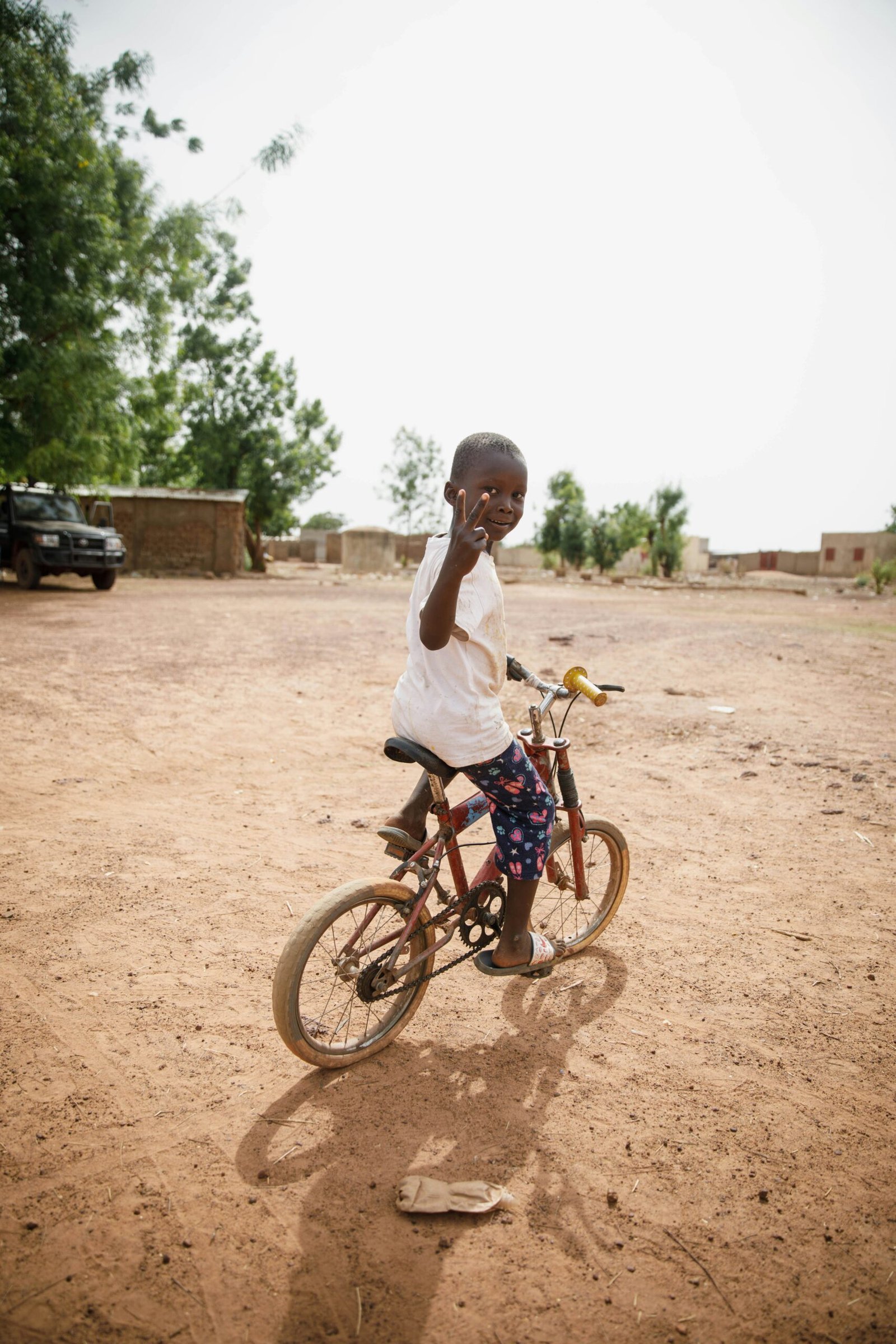Introduction
Mali, a landlocked country located in West Africa, offers visitors a unique and enriching experience. From its diverse landscapes to its rich cultural heritage, Mali has something to offer everyone. In this guide, we will provide you with all the essential information you need to know before visiting, staying, working, studying, or doing business in Mali.
Location and Surface Area
Mali is situated in the heart of West Africa, bordered by seven countries, including Algeria, Niger, Burkina Faso, Côte d’Ivoire, Guinea, Senegal, and Mauritania. With a total land area of approximately 1.24 million square kilometers, Mali is the eighth-largest country in Africa.
Climate
Mali experiences a predominantly hot and dry climate, characterized by two main seasons: the dry season from November to April and the rainy season from May to October. Temperatures can reach up to 45 degrees Celsius (113 degrees Fahrenheit) during the hottest months, so it’s advisable to plan your visit accordingly.
Fauna and Flora
Mali is known for its diverse wildlife and natural beauty. The country is home to several national parks and reserves, such as the Boucle du Baoulé National Park and the Gourma Elephant Park, where visitors can observe a wide variety of animals, including elephants, lions, giraffes, and numerous bird species. The Niger River, which flows through Mali, also provides a unique ecosystem with abundant flora and fauna.
Attractions
Mali boasts a rich cultural heritage and is renowned for its historical sites and vibrant traditions. One of the must-visit attractions is the ancient city of Timbuktu, a UNESCO World Heritage Site, known for its historic mosques and libraries. The Djenné Mosque, the largest mud-brick mosque in the world, is another architectural marvel that shouldn’t be missed. Additionally, the vibrant markets, traditional music festivals, and colorful cultural celebrations offer a glimpse into the local way of life.
Population and Languages
Mali has a population of approximately 20 million people, with Bambara being the most widely spoken language. French is the official language and is commonly used in business and government. However, English is not widely spoken, so it’s helpful to have some basic knowledge of French or hire a translator if needed.
Currency
The official currency of Mali is the West African CFA franc (XOF). It is advisable to carry some cash in the local currency, as credit cards may not be widely accepted outside major cities. ATMs are available in urban areas, but it’s always wise to have some cash on hand for smaller establishments.
Visa
Visitors to Mali generally require a visa, which can be obtained from Malian embassies or consulates in their home country. It is advisable to check the specific visa requirements and apply well in advance of your planned travel dates. The visa application process may vary depending on your purpose of visit, such as tourism, business, or study.
Culture and Customs
Mali is a culturally rich country with diverse ethnic groups, each with its own traditions and customs. The Malian people are known for their warm hospitality and welcoming nature. It is customary to greet others with a handshake and engage in polite conversation. Respect for elders and traditional values is highly valued in Malian society.
Main Cities
Bamako, the capital city of Mali, is a bustling metropolis and serves as the economic and cultural hub of the country. Other major cities include Sikasso, Mopti, and Timbuktu, each offering its own unique charm and attractions.
Airports and Airlines
Mali is served by several international airports, with the Modibo Keïta International Airport in Bamako being the main gateway. Other airports include the Senou International Airport in Bamako, the Mopti Airport, and the Timbuktu Airport. Major airlines, such as Air Mali and Air France, provide regular flights to and from Mali, connecting it to various destinations around the world.
Conclusion
Mali, with its rich cultural heritage, diverse landscapes, and warm hospitality, offers a truly unique experience for visitors. Whether you are interested in exploring ancient cities, observing wildlife, or immersing yourself in vibrant traditions, Mali has it all. With the information provided in this guide, you are now equipped with the essential knowledge to plan your visit, stay, work, study, or do business in this captivating country.

